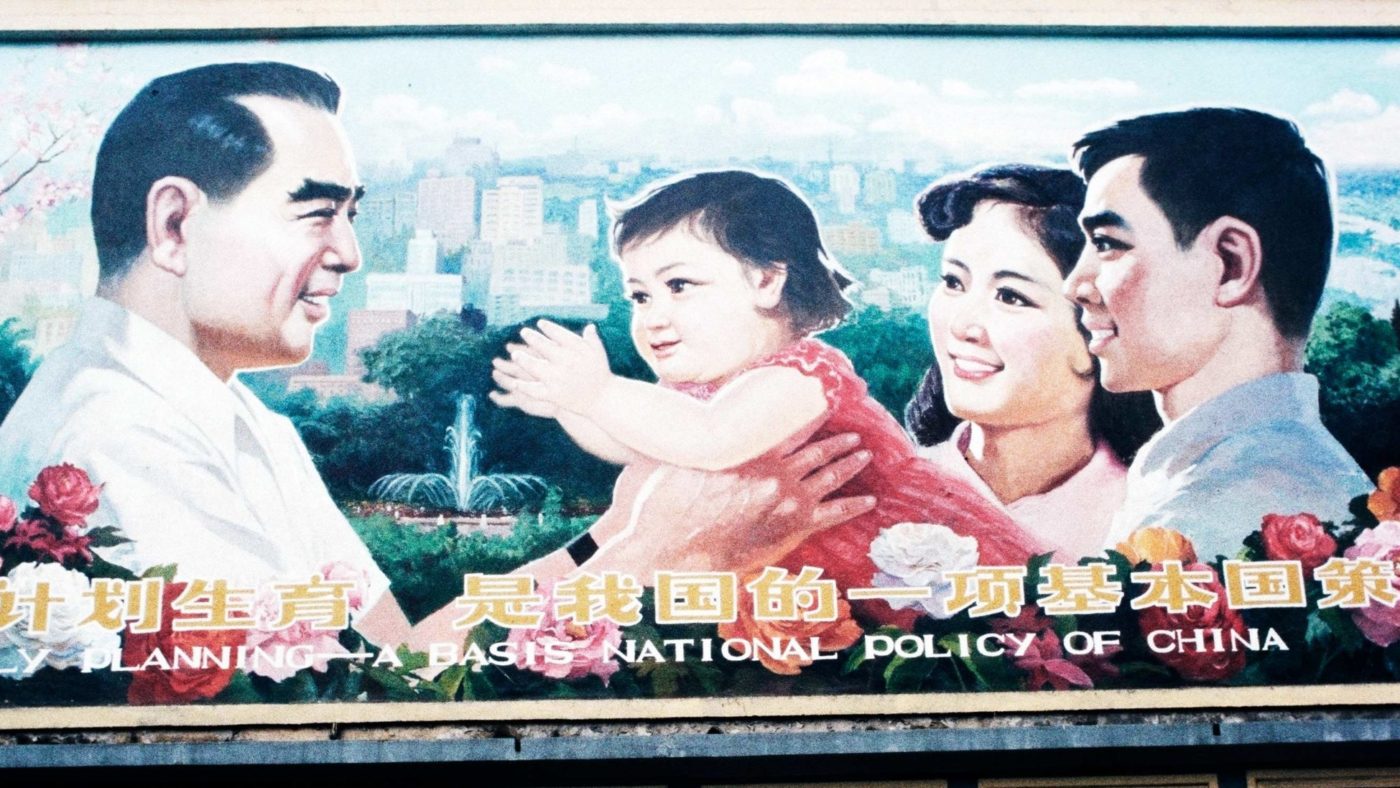Recently the New York Times ran an obituary for Kay Ann Johnson, a professor of Asian studies and political science at Hampshire College in Amherst, Massachusetts, and the author of China’s Hidden Children: Abandonment, Adoption, and the Human Costs of the One-Child Policy.
Johnson’s book focuses on one of the less-discussed tragedies of China’s one-child policy (since changed to a two-child policy) – illegal children. That is to say, children who were born in spite of the policy, whose existence is prohibited by it.
By chronicling how many Chinese people struggled to help those children in the face of great personal risks, Johnson challenged the notion that abandoned children were unwanted by anyone in China. Johnson’s book engrossingly tells the story of the illegal children and those who adopted and hid them.
It turns out that many Chinese secretly gave “over-quota” children to relatives or neighbours following customary adoption practices – a workaround that family planning officials aggressively sought to stamp out.
In 1991, a national adoption law “codified the regulations used by birth planning officials to prevent and punish people for using adoption to … hide out-of-plan births.” It made it illegal to give up a healthy child for adoption and to adopt a child except for those parents who were both childless and over the age of thirty-five (lowered to thirty in 1999).
The practice of “targeted abandonment,” a covert way of giving children up for adoption, emerged. Parents left an “over-quota” child at night in a basket at the doorstep of a family known to want a child. The “abandoners” would hide and set off firecrackers, watching from afar to ensure the “abandoned” child was taken inside. The child would then either be adopted or taken to an orphanage. (It was illegal for parents to relinquish children directly to orphanages).
“Strategic abandonment,” another way of giving children up for adoption, also arose in cases where “abandoners” could not identify a prospective adoptive family. This approach entailed leaving an infant in a basket filled with baby supplies at a busy outdoor location where someone would soon notice the child.
Many of the stories Johnson related are heart-rending. Johnson captured the emotional turmoil that the one-child policy put parents and children through.
Many adoptive families did not meet the absurd and highly restrictive legal criteria for adoption. They struggled to be allowed to raise the new addition to their household and obtain a hukou or official registration for the child.
Children born illegally, known as over-quota or out-of-plan children, are popularly called heihaizi or “black children.” They lack government registration or hukou – a sort of domestic passport that confers legal existence. Hukou are necessary to attend school, work, marry and, one day, receive a birth permit. There are some 13 million unregistered persons in China.
The unregistered must either eventually obtain registration with false identities, bribes, personal connections, or the paying of exorbitant fines; or else live on the margins of society.
Periodic amnesties and registration drives have allowed some to gain hukou, but even then the process is often Kafkaesque.
After a 2008 reform to encourage registration, for example, one exasperated man spent some three years and $7,000 trying to complete the paperwork, police interviews, a DNA test, and other ordeals, in order to obtain a hukou for his adopted daughter so that she could attend kindergarten. He failed.
As part of its efforts to quash local adoption, the government seized many of these children, placed them in orphanages that became overcrowded in the 1990s, prompting international adoption.
International adoptions grew from a few hundred a year in the early 1990s to a peak of fourteen thousand in 2005, with more than 120,000 Chinese children adopted internationally during the course of the one-child policy that ran from 1979 to 2015. Johnson herself adopted a child from China, who inspired her research on the topic and, eventually, the writing of China’s Hidden Children.
China’s Hidden Children should not be a hidden gem. I highly recommend giving it a read. Until China removes all birth limits and ends its two-child policy, illegal children will still be born, people will still struggle to care for them in the face of a draconian system, and the book will remain tragically relevant.
CapX depends on the generosity of its readers. If you value what we do, please consider making a donation.


